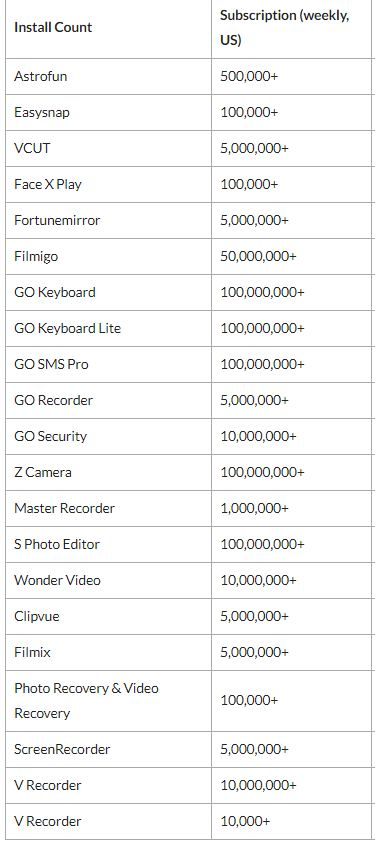'How to update android,' this is one of the top searched questions on Google now due to the surge of malware attacks which have become extremely common in recent years. Android users almost every month or every week are receiving warnings and security researchers have been asking them to update their smartphones.
In this era, Android vulnerability has become a big issue as sensitive data from smartphones can be stolen by cybercriminals without the knowledge of the user. The attackers behind such operation can also sell this information in the dark web. So if you are receiving threat reports almost every week, try to pay attention to them as the security experts try to ensure the data security of Android users.

Malicious activities in Android
This month researchers have found a malware dubbed as Android.Xiny.5260 inside millions of devices. It should be mentioned that the experts had tried to remove this malware in 2016 when it was first detected. But its current occurrence revealed that they have failed to eliminate the traces of this digital threat. Along with this malicious activity, there are several issues which have been detected by the security researchers in the first month of the year and the result is unbelievable.
In January, reports revealed details about many malware-infested apps which Android user have downloaded in their devices unknowingly. This list includes the detection of sLoad malware, which returned with 2.0 version, named as Starslord, in early January. In another threat report, researchers at Kaspersky Labs revealed that they have found Faketoken, which is a banking Trojan. As per the experts, this Trojan malware was detected in more than 5,000 smartphones. They found another Trojan malware-laced app on the Play Store called Trojan-Dropper.AndroidOS.Shopper.a.
Every year tech companies such as Samsung, Huawei, Sony sell a huge number of Android phones. But after buying any phone you have to think twice before installing random apps in your new device from Play Store. Recently researchers from Sophos detected some suspicious apps which can fleece a user out of thousands of pounds. These dangerous apps have been downloaded nearly 600 million times, said the experts.
While explaining these malicious activities, Sophos researcher Jagadeesh Chandraiah in a blog said that the payment may look smaller so the victims might be less likely to experience sticker shock, but it actually exacerbates the overcharging. In addition, he said that "In one case, we found an app displaying subscription fees of €8.99 per week, or €23.99 per month, which works out annually to €467.48 (if you pay the weekly amount for 52 weeks) or €287.88 (if you pay the monthly amount for 12 months)."
Malware apps of the month
Here are those apps which were found to have triggered several malicious activities in millions of smartphone. If you have installed any of these, you should remove them as soon as possible to secure your data.

















